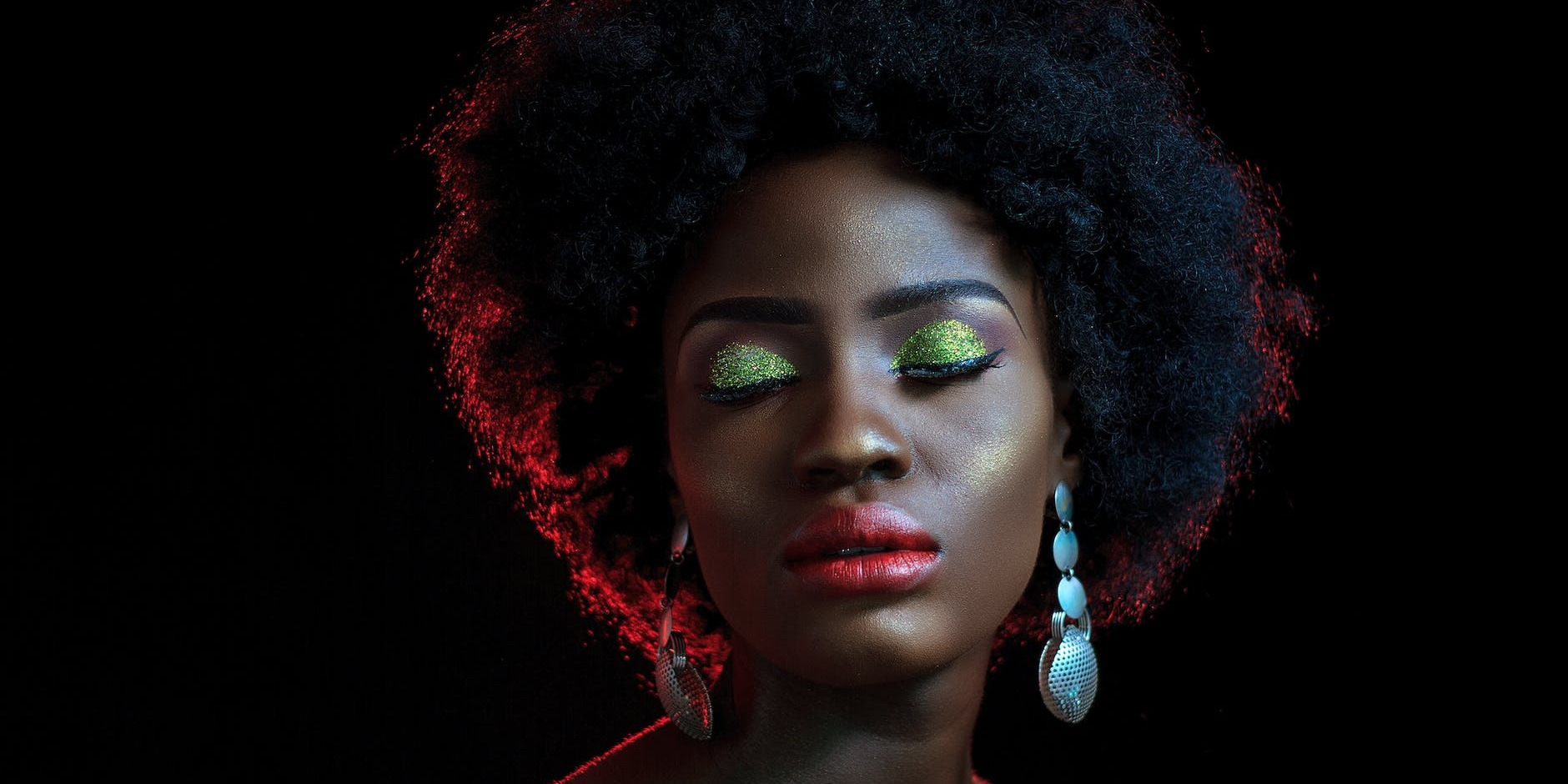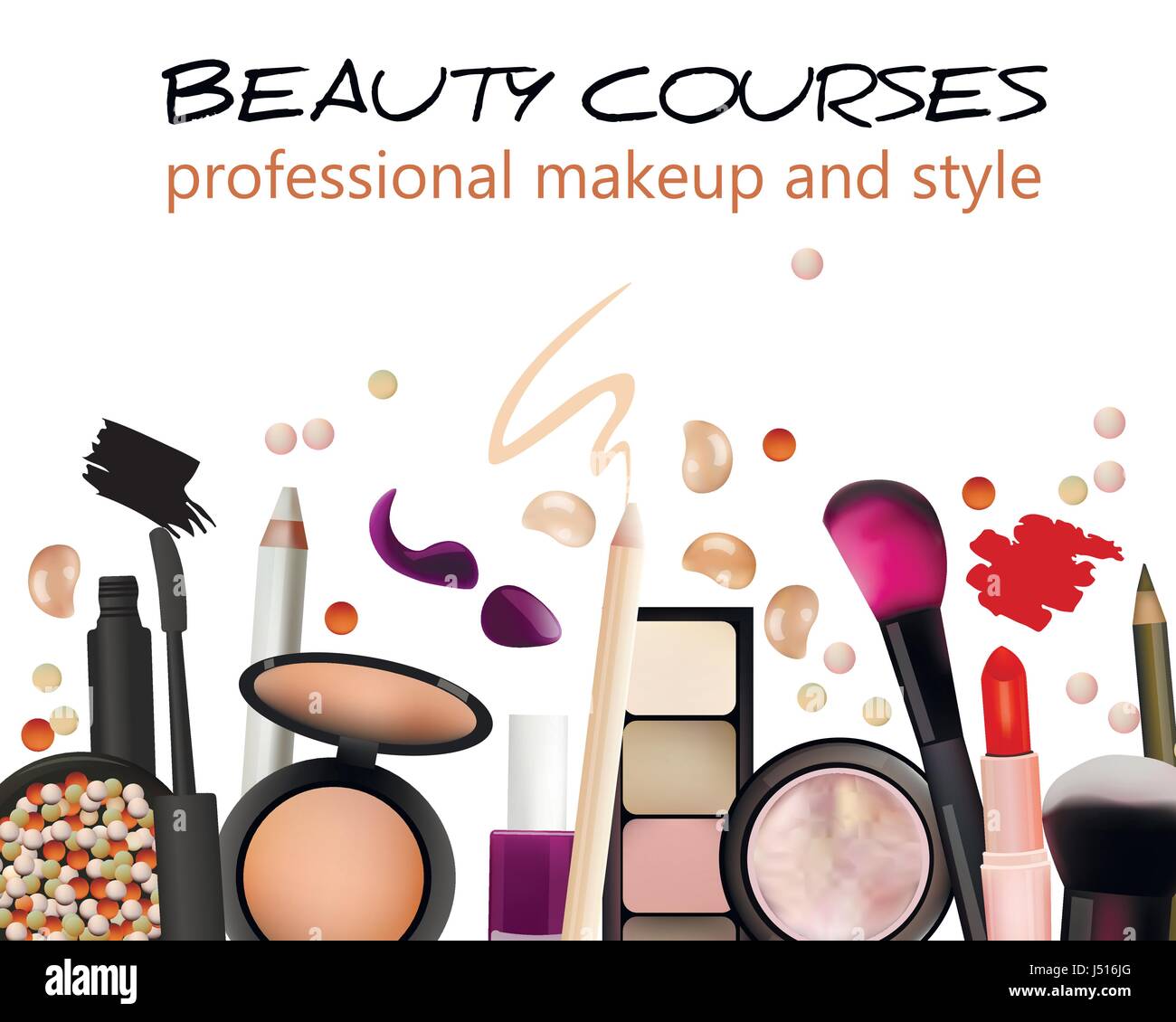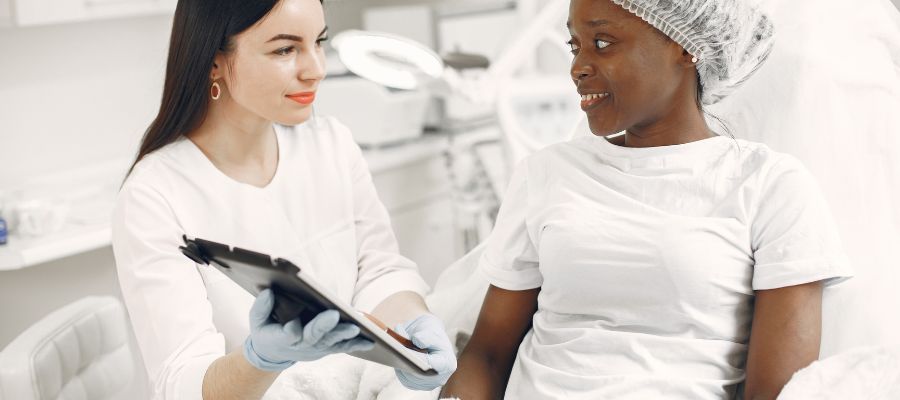Unveiling the World of Beauty Product Making Courses: A Comprehensive Guide
Related Articles: Unveiling the World of Beauty Product Making Courses: A Comprehensive Guide
Introduction
With great pleasure, we will explore the intriguing topic related to Unveiling the World of Beauty Product Making Courses: A Comprehensive Guide. Let’s weave interesting information and offer fresh perspectives to the readers.
Table of Content
Unveiling the World of Beauty Product Making Courses: A Comprehensive Guide

The allure of crafting personalized beauty products, free from harsh chemicals and tailored to individual needs, has captivated many. This pursuit has fueled the rise of beauty product making courses, offering individuals the opportunity to delve into the fascinating world of cosmetic formulation. These courses provide a comprehensive understanding of ingredients, techniques, and regulations, empowering individuals to create their own unique beauty products.
Exploring the Landscape of Beauty Product Making Courses:
The realm of beauty product making courses is diverse, catering to varying levels of experience and interests. These courses can be broadly categorized into:
1. Online Courses:
- Flexibility and Accessibility: Online courses offer unparalleled flexibility, allowing individuals to learn at their own pace and from the comfort of their homes.
- Diverse Platforms: Platforms like Udemy, Coursera, Skillshare, and specialized websites offer a wide range of courses, covering topics from basic soap making to advanced skincare formulations.
- Cost-Effective: Online courses often come at a lower cost than in-person workshops, making them an attractive option for budget-conscious individuals.
- Variety of Formats: Online courses utilize various formats, including video lectures, interactive quizzes, downloadable resources, and community forums, facilitating comprehensive learning.
2. In-Person Workshops:
- Hands-On Experience: In-person workshops provide a valuable hands-on experience, allowing participants to work with ingredients and equipment under the guidance of experienced instructors.
- Personalized Feedback: Instructors can offer personalized feedback and guidance, addressing individual questions and concerns.
- Networking Opportunities: Workshops provide opportunities to connect with fellow enthusiasts, sharing knowledge and building a supportive community.
- Immediate Application: The practical nature of in-person workshops allows participants to immediately apply their newfound knowledge and create their first beauty products.
3. Certificate Programs:
- Formal Recognition: Certificate programs offer a formal qualification, demonstrating a deeper understanding of beauty product making principles.
- Career Advancement: For individuals seeking a career in the beauty industry, a certificate can enhance their credentials and open up new opportunities.
- Comprehensive Curriculum: Certificate programs typically cover a comprehensive curriculum, encompassing ingredients, formulation techniques, safety regulations, and business aspects.
- Industry Connections: Some programs may offer networking opportunities with industry professionals, providing valuable insights and potential career paths.
The Essential Components of a Comprehensive Beauty Product Making Course:
Regardless of the format, a comprehensive beauty product making course should encompass the following key elements:
1. Ingredient Knowledge:
- Understanding Raw Materials: Courses should delve into the properties, benefits, and limitations of various raw materials used in beauty products, including oils, butters, waxes, extracts, and essential oils.
- Safety and Compatibility: Participants should learn about ingredient safety, potential allergens, and compatibility considerations when formulating products.
- Ethical Sourcing and Sustainability: Courses should emphasize the importance of ethical sourcing and sustainable practices in the beauty industry.
2. Formulation Techniques:
- Basic Principles of Emulsions, Suspensions, and Solutions: Courses should introduce the fundamental principles of formulating different types of beauty products, including creams, lotions, serums, and toners.
- Understanding pH Levels and Stability: Participants should learn about the importance of pH balance and how to ensure the stability of their formulations over time.
- Practical Applications: Courses should provide hands-on experience in formulating various beauty products, allowing participants to apply their knowledge in a practical setting.
3. Equipment and Tools:
- Essential Equipment: Participants should be familiar with basic equipment used in beauty product making, such as scales, measuring cups, beakers, spatulas, and blenders.
- Safety Precautions: Courses should emphasize safety precautions when handling ingredients and using equipment, ensuring a safe and controlled environment.
- Proper Storage and Handling: Participants should learn about proper storage and handling of ingredients and finished products to maintain their quality and effectiveness.
4. Regulatory Compliance:
- Understanding Regulations: Courses should provide an overview of relevant regulations governing the production and sale of beauty products, ensuring compliance with legal requirements.
- Labeling and Packaging: Participants should learn about proper labeling and packaging requirements, including ingredient lists, safety warnings, and expiry dates.
- Business Considerations: Courses may also touch upon business considerations, such as marketing, branding, and legal aspects of selling beauty products.
Benefits of Pursuing Beauty Product Making Courses:
- Personalized Beauty Solutions: Individuals can create products tailored to their unique skin type, sensitivities, and preferences.
- Control Over Ingredients: Participants can avoid harsh chemicals and potentially harmful ingredients found in commercially available products.
- Cost-Effective: Making their own beauty products can be significantly cheaper than purchasing them from retail stores.
- Creative Expression: Beauty product making allows individuals to express their creativity and develop unique formulations.
- Potential Business Opportunity: For those with entrepreneurial aspirations, beauty product making can be a viable business venture.
FAQs Regarding Beauty Product Making Courses:
1. What are the prerequisites for enrolling in a beauty product making course?
Prerequisites may vary depending on the course level and format. Some courses may require no prior experience, while others may require basic knowledge of chemistry or cosmetic science.
2. What materials and equipment are needed for beauty product making?
Essential materials and equipment include scales, measuring cups, beakers, spatulas, blenders, containers, and various ingredients, such as oils, butters, waxes, and extracts.
3. How long does it take to complete a beauty product making course?
The duration of courses can vary significantly. Online courses may be completed in a few weeks, while in-person workshops or certificate programs may take several months.
4. What are the career opportunities available after completing a beauty product making course?
Completing a beauty product making course can lead to careers as a cosmetic formulator, product developer, or independent beauty entrepreneur.
5. Is it safe to make my own beauty products?
Making beauty products can be safe if proper hygiene, safety precautions, and formulation techniques are followed. It’s crucial to research ingredients and adhere to relevant regulations.
Tips for Choosing a Beauty Product Making Course:
- Consider your learning style and preferences: Choose a format that aligns with your preferred learning style, whether online or in-person.
- Research the instructor’s credentials and experience: Look for instructors with proven expertise in cosmetic formulation and a passion for teaching.
- Review course content and curriculum: Ensure the course covers the essential topics, including ingredient knowledge, formulation techniques, and safety regulations.
- Read reviews and testimonials: Seek feedback from previous students to gauge the quality and effectiveness of the course.
- Consider the cost and value: Compare different courses and choose one that offers a good value for your investment.
Conclusion:
Beauty product making courses offer a rewarding experience, empowering individuals to take control of their beauty routines and create personalized, high-quality products. Whether seeking a creative outlet, a career change, or simply a deeper understanding of the beauty industry, these courses provide valuable knowledge, practical skills, and a sense of accomplishment. As the demand for natural and personalized beauty products continues to grow, the skills learned in beauty product making courses can be a valuable asset, opening doors to exciting opportunities in the ever-evolving world of beauty.








Closure
Thus, we hope this article has provided valuable insights into Unveiling the World of Beauty Product Making Courses: A Comprehensive Guide. We hope you find this article informative and beneficial. See you in our next article!